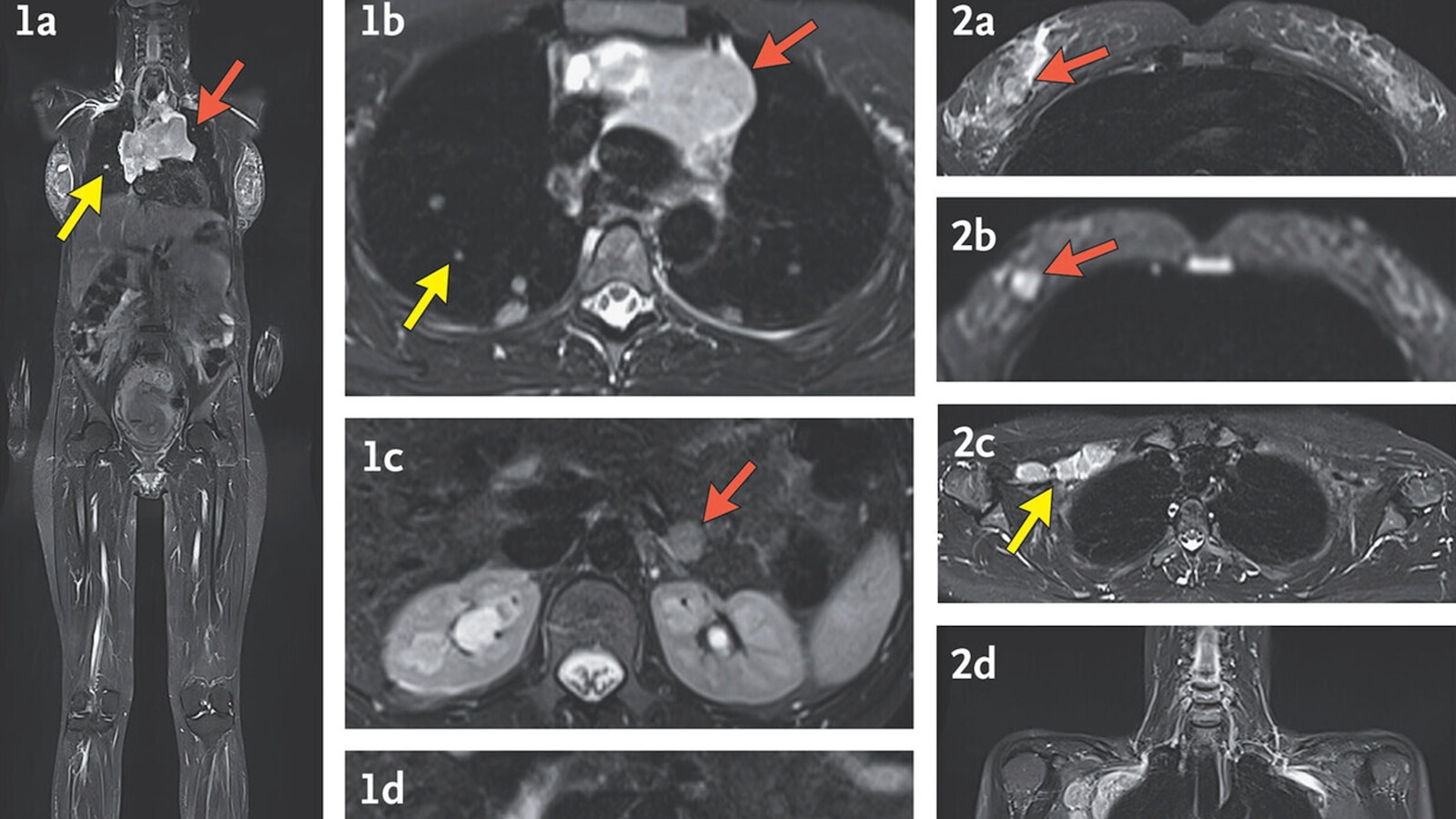Many moms-to-be opt for blood tests during pregnancy to check for fetal disorders such as Down syndrome. In rare instances, these tests can reveal something unexpected — hints of a hidden cancer in the woman.
In a study of 107 pregnant women whose test results were unusual, 52 were ultimately diagnosed with cancer. Most of them were treated and are now in remission, although seven with advanced cancers died.
“They looked like healthy, young women and they reported themselves as being healthy,” said Dr. Diana Bianchi, the senior author of the government study published Wednesday in the New England Journal of Medicine.
Of the discovered cancers, lymphoma blood cancers were the most common, followed by colon and breast cancers.
The blood test is called cell-free DNA sequencing. It looks for fetal problems in DNA fragments shed from the placenta into the mother’s bloodstream. It also can pick up DNA fragments shed by cancer cells.
Of the millions of pregnant women each year who have a cell-free DNA test, 1 in 10,000 will get a result back that is unusual and difficult to interpret, neither positive or negative for a fetal abnormality. This small number of people — perhaps only 250 a year in the U.S. — may be at risk for cancer.
“They and their care providers need to take the results seriously and have additional testing because in that population there is a 48% risk of cancer,” said Bianchi, who leads the National Institute of Child Health and Human Development.
The study looked at what should be done next, and the researchers concluded that it’s best to do a whole-body MRI to look for cancer. A physical exam or taking a family history is not enough, Bianchi said.
About five years ago, commercial labs that do these tests and doctors started telling women with unusual results about the study. The National Institutes of Health paid for study volunteers to travel to its research hospital in Bethesda, Maryland, where the participants had their family and medical histories reviewed, a complete physical examination, whole-body MRI scans and other tests performed.
The research identified a recognizable “very chaotic” pattern in the DNA sequencing of the women diagnosed with cancer, Bianchi said. The study is continuing to look for more evidence to indicate who should be screened for cancer.
Many medical groups now recommend offering cell-free DNA tests during pregnancy, though many expectant parents decide against the optional test. Considered reliable for detecting Down syndrome and two other disorders, the tests have come under scrutiny for too many false alarms for extremely rare fetal problems.
The new finding will help educate doctors about a rare result of DNA tests in pregnancy, said Dr. Neeta Vora, director of reproductive genetics at the University of North Carolina at Chapel Hill, who wrote an editorial in the journal.
Doctors who care for pregnant women are not accustomed to ordering whole-body MRI tests, Vora said, and these scans, which can cost $1,000 to $2,000, may not be covered by health insurance.
___
The Associated Press Health and Science Department receives support from the Howard Hughes Medical Institute’s Science and Educational Media Group. The AP is solely responsible for all content.

